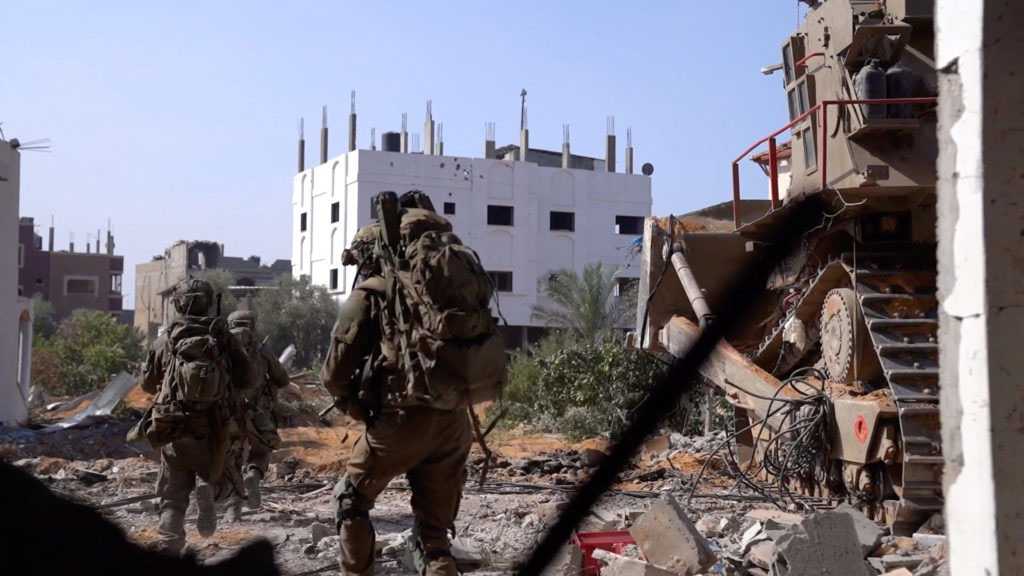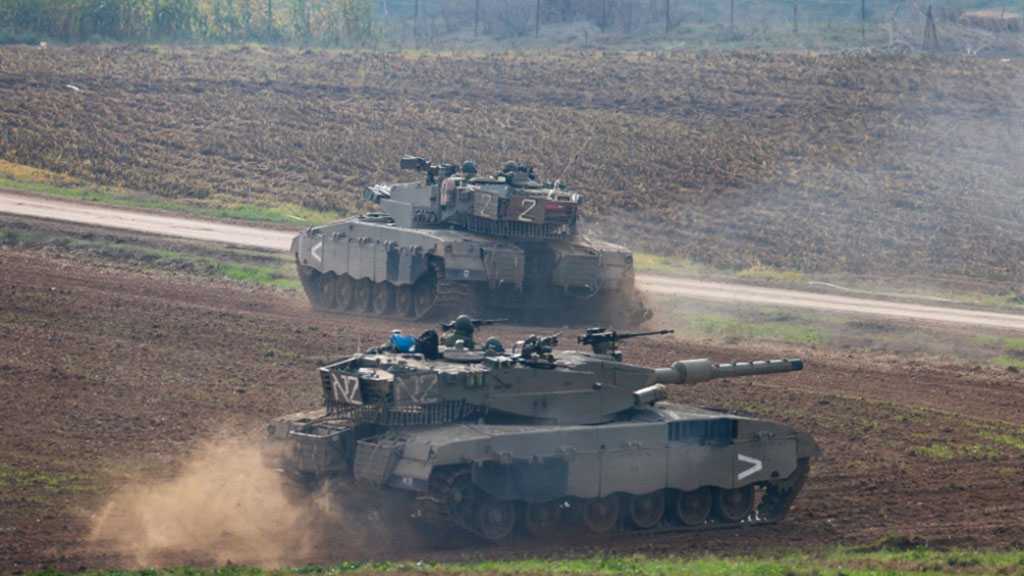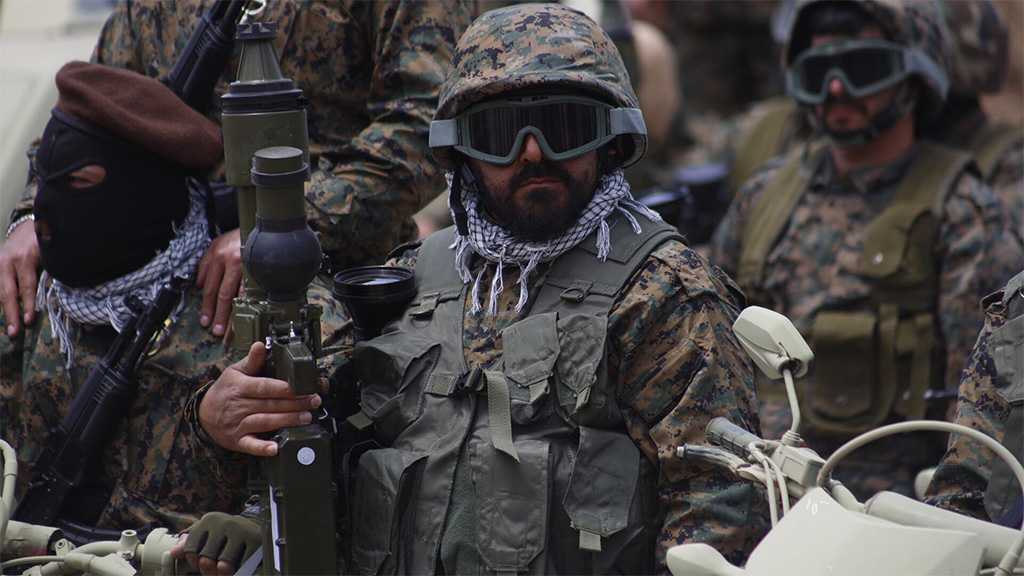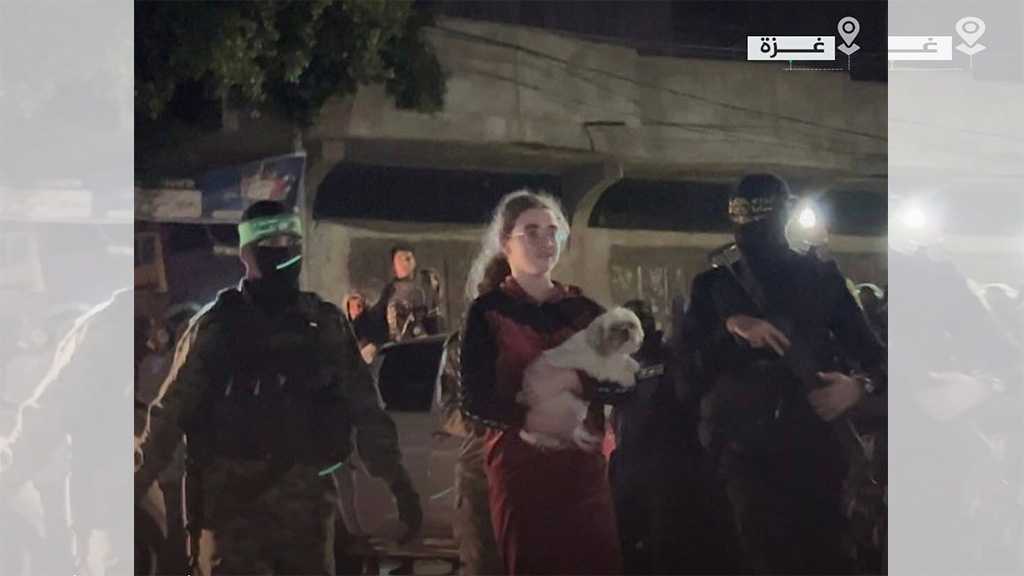
War in Syria and the Different Paths
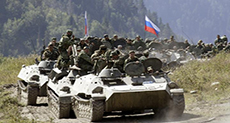
Hussein Mortada
The Russian decision to lessen the number of forces in Syria is still causing echoing argument in political analyses that are often disturbed by the sudden decisions; decisions which everybody discussed and went deep in analyzing as if it were the final stage.

Perhaps the decision has shown a division in opinions, in which some considered that decreasing the troops occurred during an accurate and critical stage on both field and political levels. It is true that Russia has its own vision regarding the war in Syria, but at the same time, we have to admit that the Russian-Syrian relations are deep-rooted. However, this doesn't mean full accord because there is no ultimate accord in politics, as it is in the dual relationships between countries in times of struggles.
Discussing the Russian decision negatively resembles shooting fire on legs. It must be first agreed on that Federal Russia came to Syria to triumph and make significant political achievement via military and political means. We would disagree on its way, form and nature, but what we would agree on is that among its consequences is the return of Russia to the political world map as a strong player via the Syrian gate. Russia returned to the region where it had lost several bets since the collapse of the Soviet Union, and the West's monopolizing of the political and economic decisions in the region.
Therefore, this war is viewed as less than a cold war but more than a regional one. The reasons for which it broke out are greater and deeper than all what was reported. This explains the order of escalation in the last couple of years, and the gradual Russian interference in the war on terrorism which is the core of the Syrian government's action that is triumphing over it via the followed diplomacy and the smart and calm policy; in addition to the help of the army that is fighting fiercely in the most difficult war ever.
Such given data, in general, let us understand that the friends' calculations could not accord with the Syrian government's calculations at some point.
The most important of what the regional struggle revealed is that when Moscow came to Syria, the American was not far from the region. It was rather sunk in the Syrian war upon supplying armed groups with training, weapons and funds via several programs that were prepared in Jordan and Turkey, with co-American Gulf and "Israeli" sponsorship.
This puts the American policy in harmony with the Russian desire to find a political victory at least in the region which opens horizons in the political geography. This also created clear coordination with the Americans which started with the bold lines such as fighting terrorism and Daesh's [the Arabic acronym for the Takfiri "ISIS" group] extension. Relatively, Russian politicians benefited from the lack of many options for the American administration, in parallel with the European Union's disability to carry economic burdens due to its intervention in Syria after the clear bankruptcy in the budgets of some of its countries.
The humanitarian showoffs and undermining the airstrikes by the so-called international coalition against Daesh didn't bear fruits on the ground. This, itself, is a point of strength for Russia, as it was very serious with the bank of targets presented by the Syrian government. Russia also gave credibility in the international community to the military intervention, which formed, along with the heroism of the Syrian army and its allies, a clear change in the map of power, to help Russia bury the American monopoly over fighting terrorism.
All the aforementioned information form part of the complicated political scene in the region, to conclude that this Russian decision has had much diversity that couldn't be read from a single viewpoint. It is rather part of political accumulations, or perhaps field and military ones.
Under all such field and political complications, the Syrian army seeks continuing to chase the armed groups after the huge achievements that were made. This doesn't necessarily mean cancelling the political path. On the contrary, the military operations are still chasing Daesh, al-Nusra and other affiliated armed groups with the same pace. This, hence, contributes to pushing negotiations and granting them additional power to reach a solution.
It is early to consider that the Russian decision would change the Russian track, followed under Putin's era, of the war imposed on Syria, which seeks restoring the glory of a great country via keenness on the Russian interest in the first place, without slipping into a new cold war with the US, or even breaking Yeltsin's deteriorating bridges with the West, upon which he built relations with Moscow and Washington. Hence, the political movement will stay smaller than a cold war and greater than a crisis in a strategic region. And what would identify the approach of reaching a solution away from the American Western concept and the Russian path is the areas being cleaned by the Syrian army in its war on terrorism.
Source: al-Ahed News, Translated and Edited by website team
